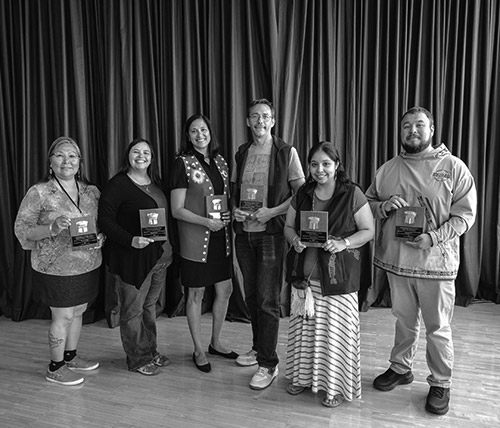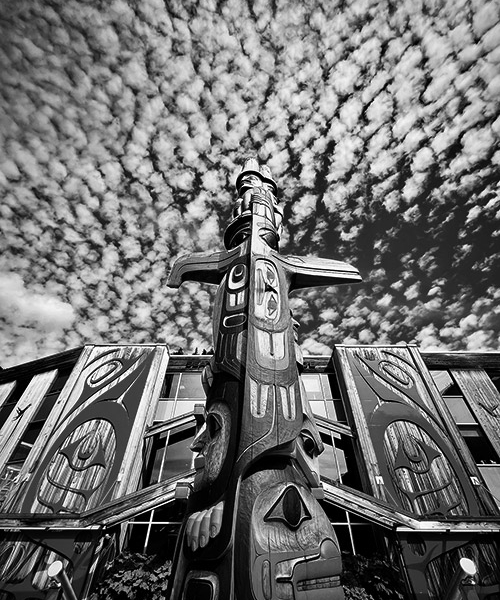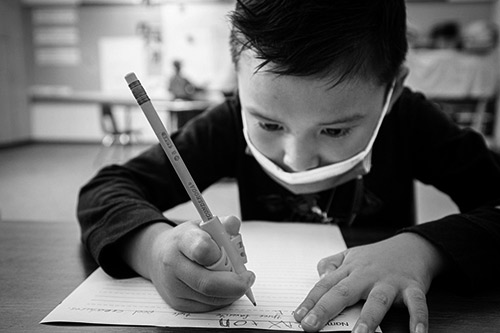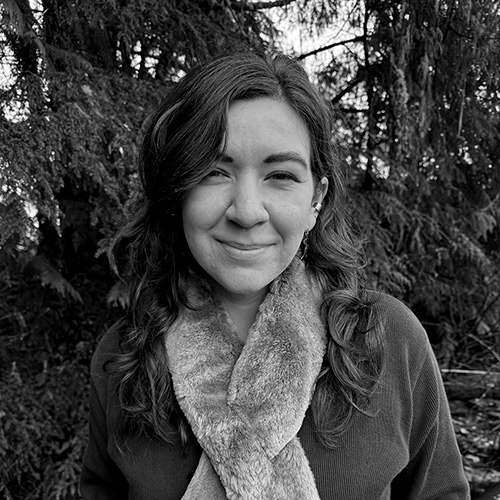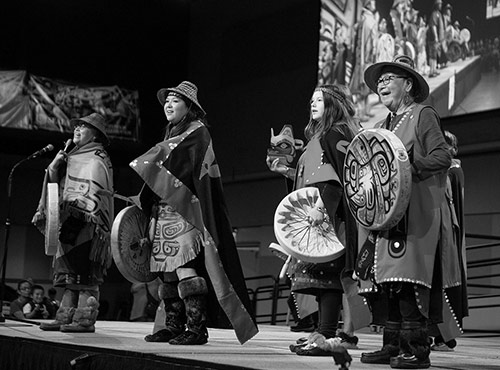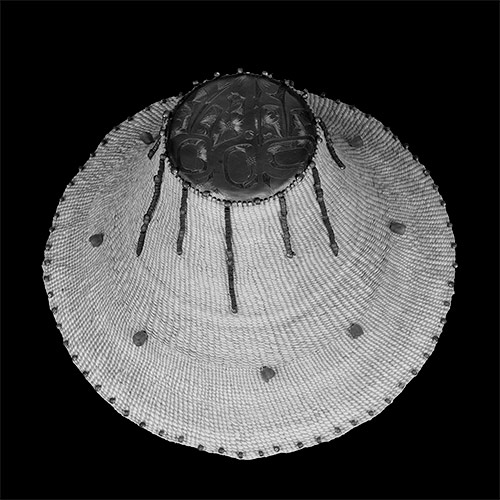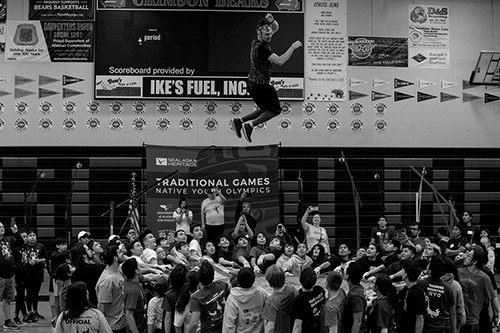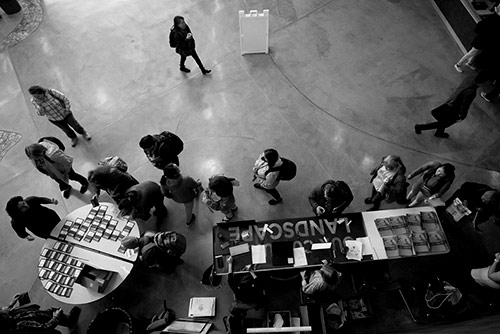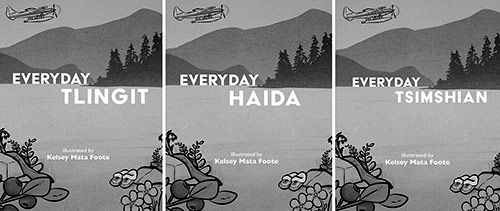Educators recognized for distinguished service in schools, communities
Sealaska Heritage Institute Press Release
EDUCATORS RECOGNIZED FOR DISTINGUISHED SERVICE IN SCHOOLS, COMMUNITIES
Honors given during ...
U.S. Congresswoman files resolution designating Northwest Coast art a national treasure
Sealaska Heritage Institute Press Release
U.S. CONGRESSWOMAN FILES RESOLUTION DESIGNATING NORTHWEST COAST ART A NATIONAL ...
SHI to offer pre-conferences on Native literature, artful teaching
Sealaska Heritage Institute Press Release
SHI TO OFFER PRE-CONFERENCES ON NATIVE LITERATURE, ARTFUL TEACHING
Educators eligible ...
University of Victoria student awarded 2024 Judson Brown Scholarship
Sealaska Heritage Institute Press Release
UNIVERSITY OF VICTORIA STUDENT AWARDED 2024 JUDSON BROWN SCHOLARSHIP
Tsimshian student ...
SHI trustees name lead dance group for Celebration 2026
Sealaska Heritage Institute Press Release
SHI TRUSTEES NAME LEAD DANCE GROUP FOR CELEBRATION 2026
Tsimshian group ...
SHI announces winners of 2024 juried art shows, film festival
Sealaska Heritage Institute Press Release
SHI ANNOUNCES WINNERS OF 2024 JURIED ART SHOWS, FILM FESTIVAL
June ...
Celebration 2024 to kick off next week
Sealaska Heritage Institute Press Release
CELEBRATION 2024 TO KICK OFF NEXT WEEK
Event to be ...
Celebration 2024: What’s new?
Sealaska Heritage Institute Press Release
CELEBRATION 2024: WHAT’S NEW?
May 30, 2024Sealaska Heritage Institute (SHI) will ...
Education conference to include renowned keynote, featured speakers
Sealaska Heritage Institute Press Release
EDUCATION CONFERENCE TO INCLUDE RENOWNED KEYNOTE, FEATURED SPEAKERS
Registration open for ...
SHI publishes illustrated dictionary series for Tlingit, Haida and Tsimshian languages
/*! elementor - v3.21.0 - 08-05-2024 */
.elementor-widget-image{text-align:center}.elementor-widget-image a{display:inline-block}.elementor-widget-image a img{width:48px}.elementor-widget-image img{vertical-align:middle;display:inline-block}
/*! elementor - v3.21.0 ...
